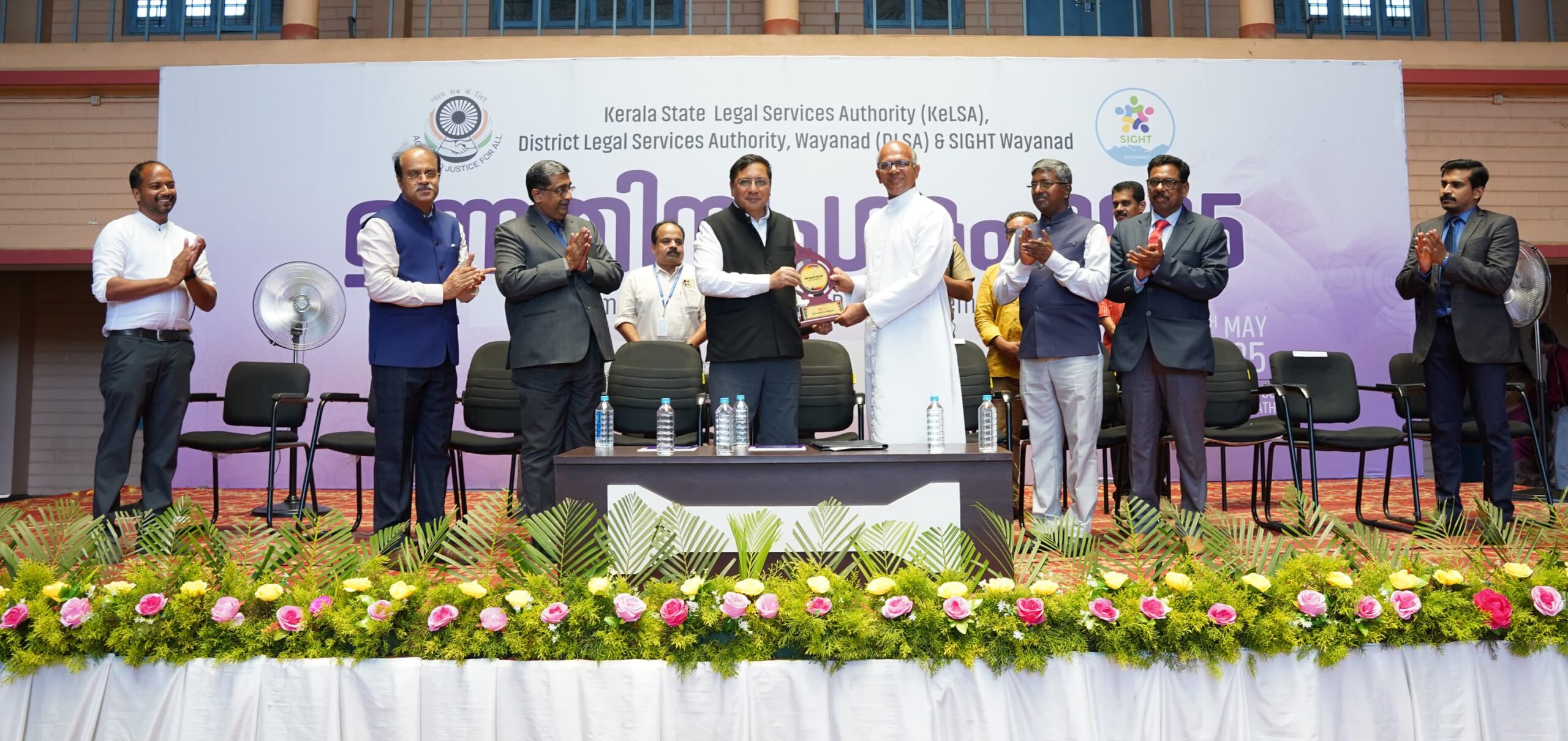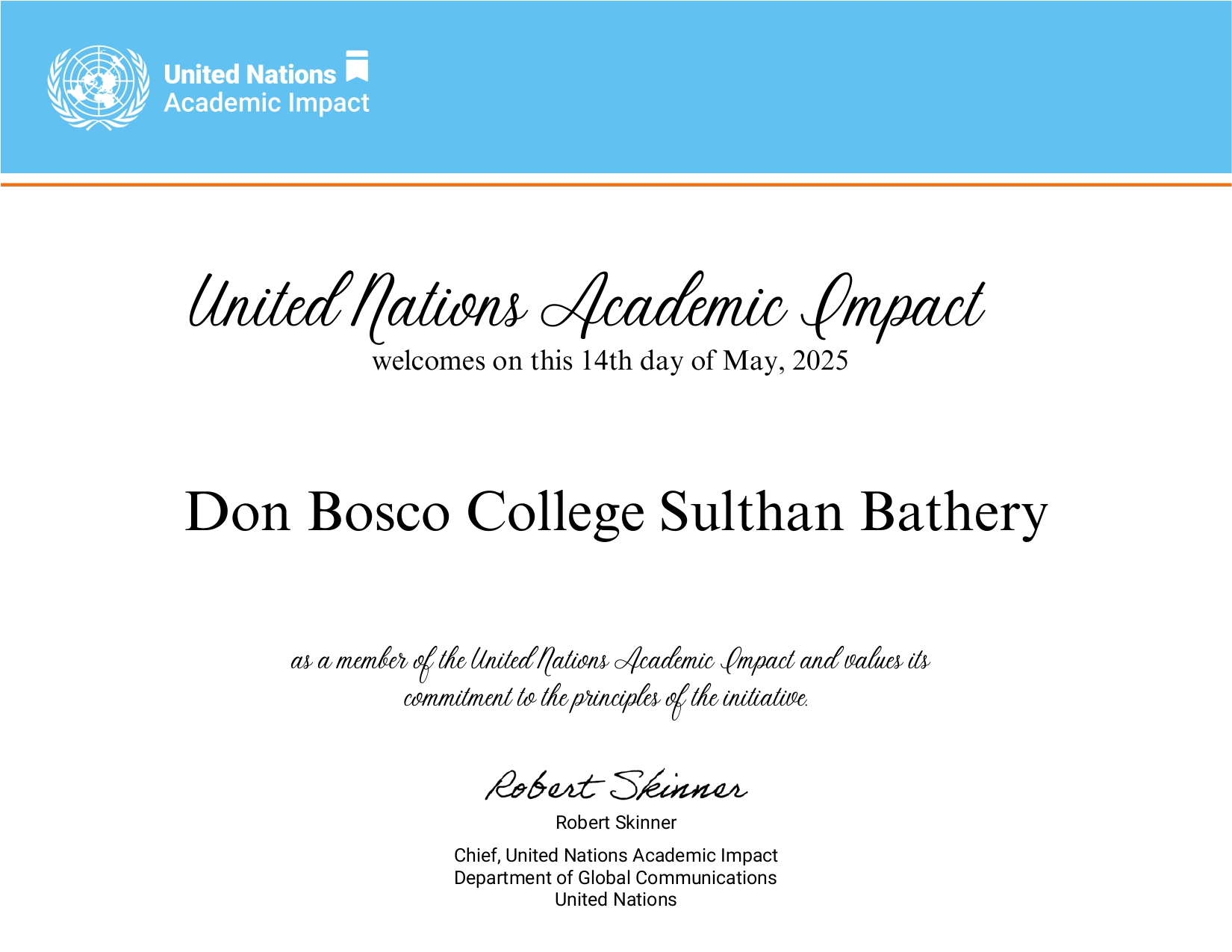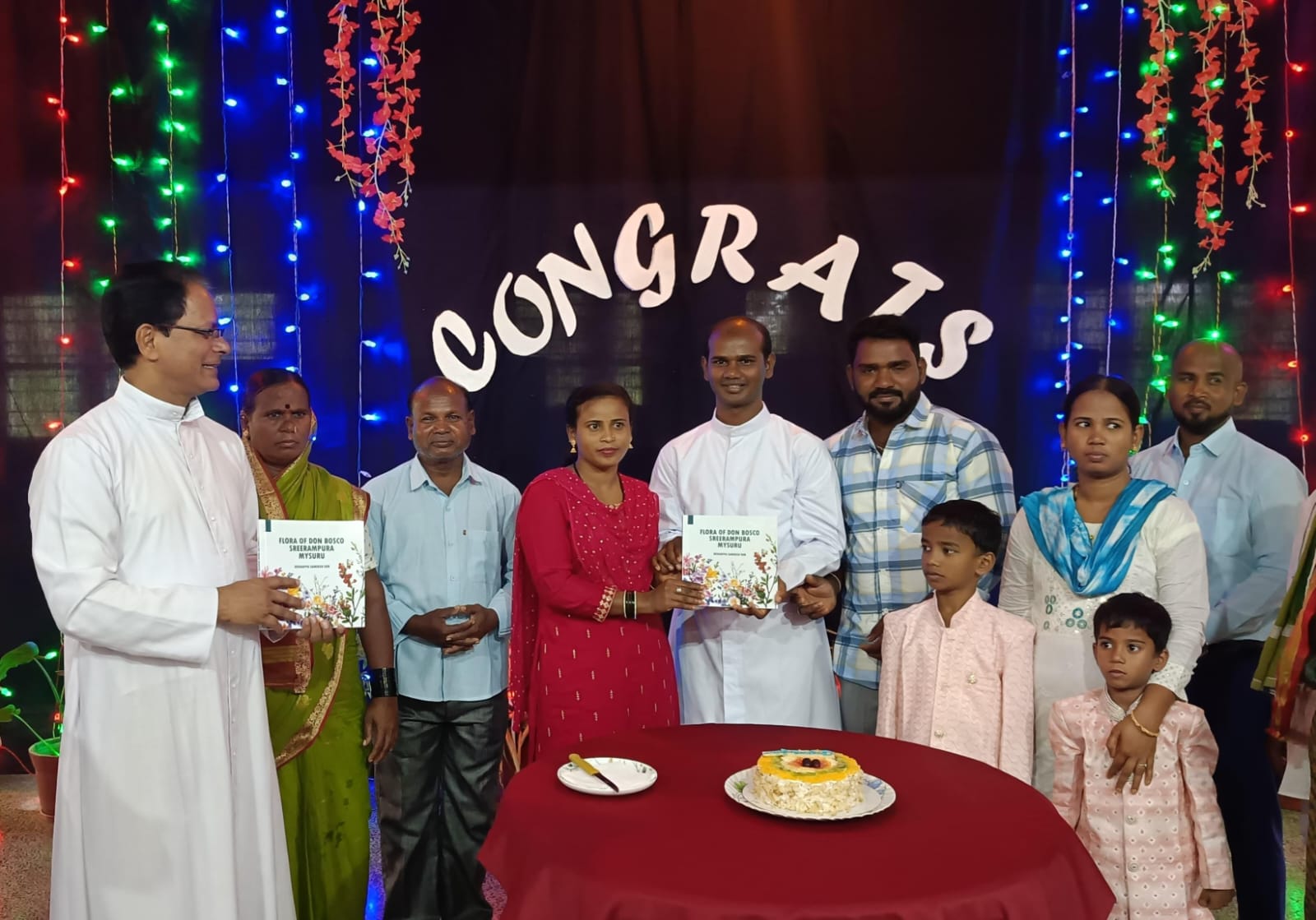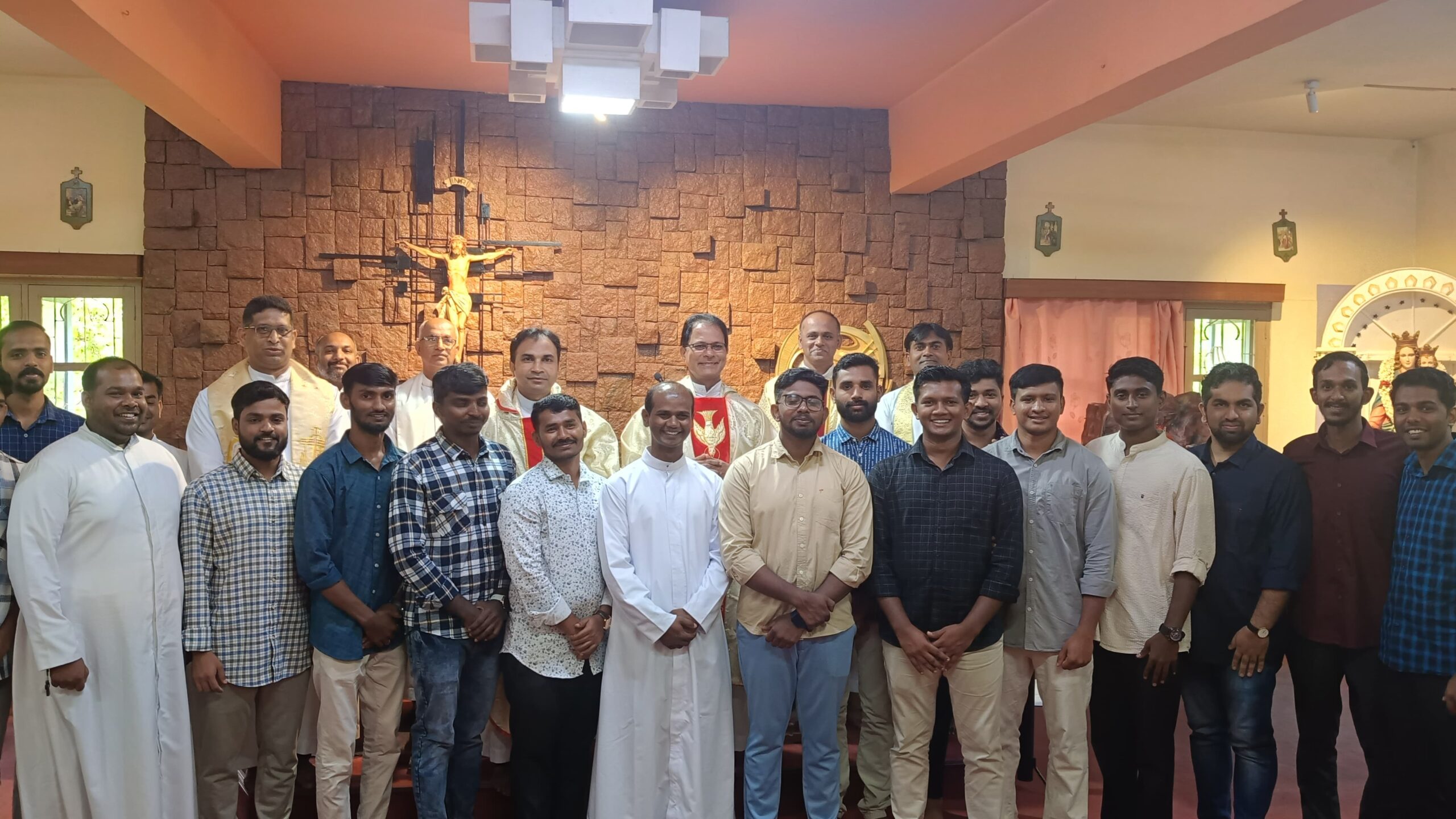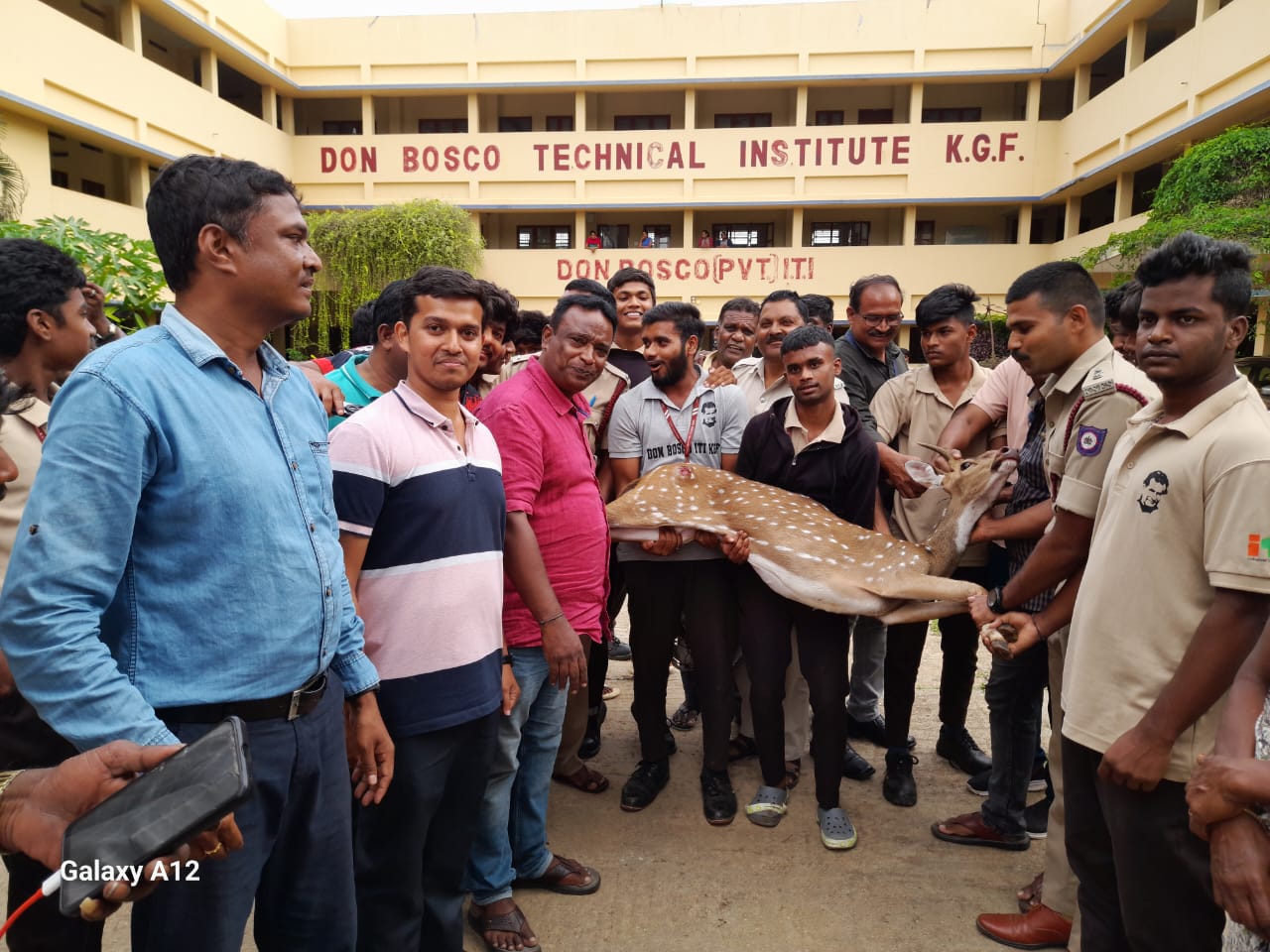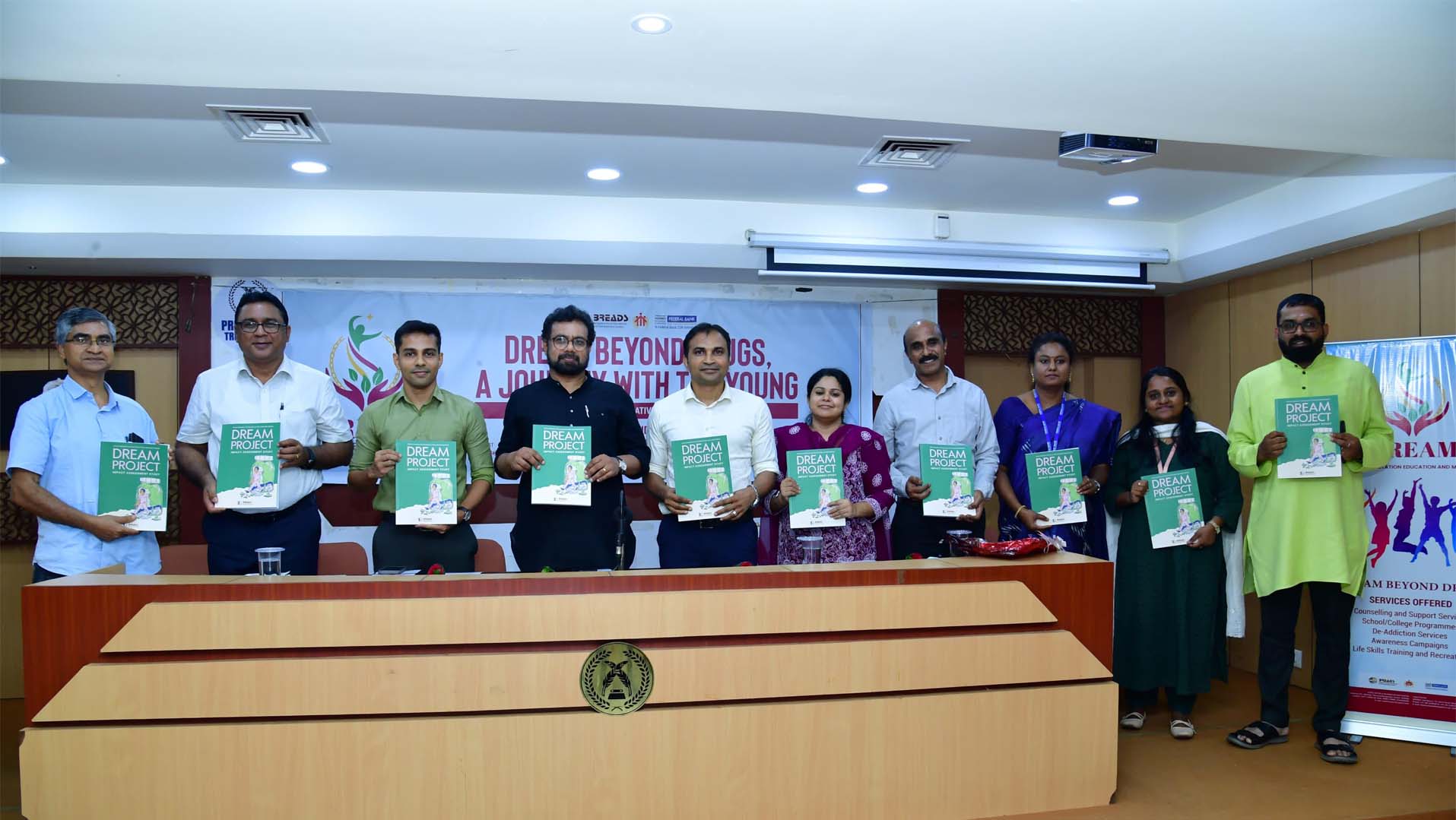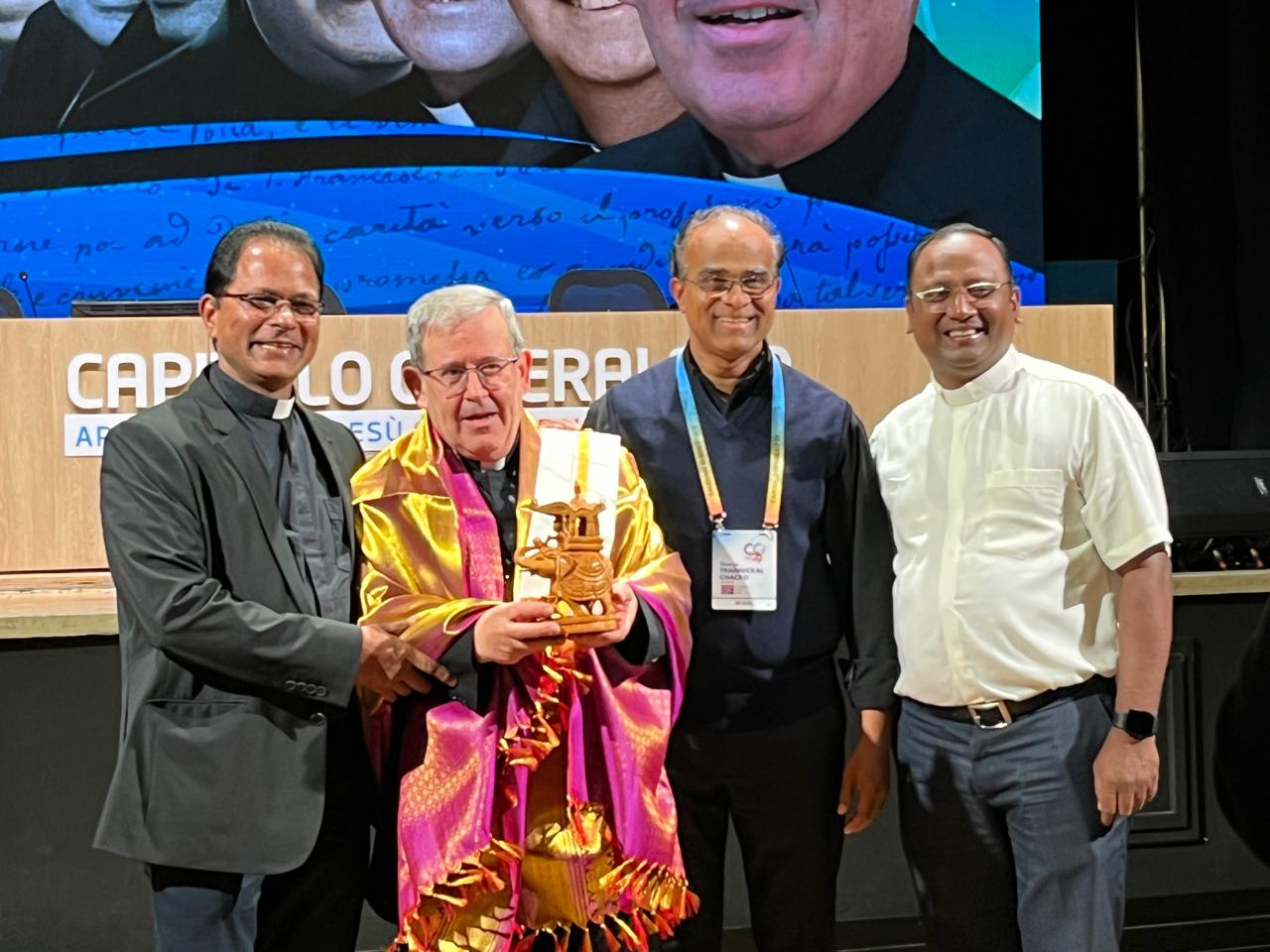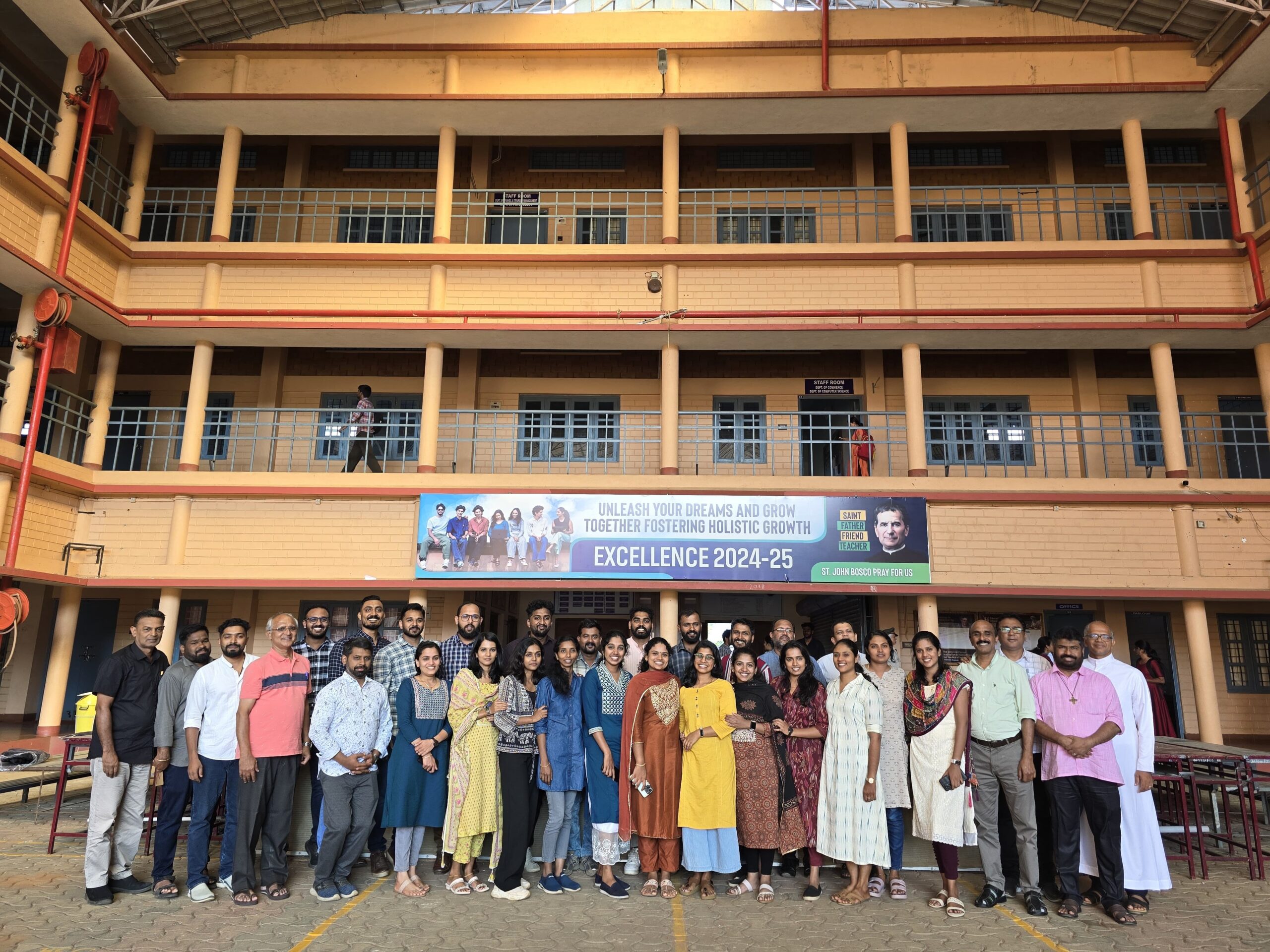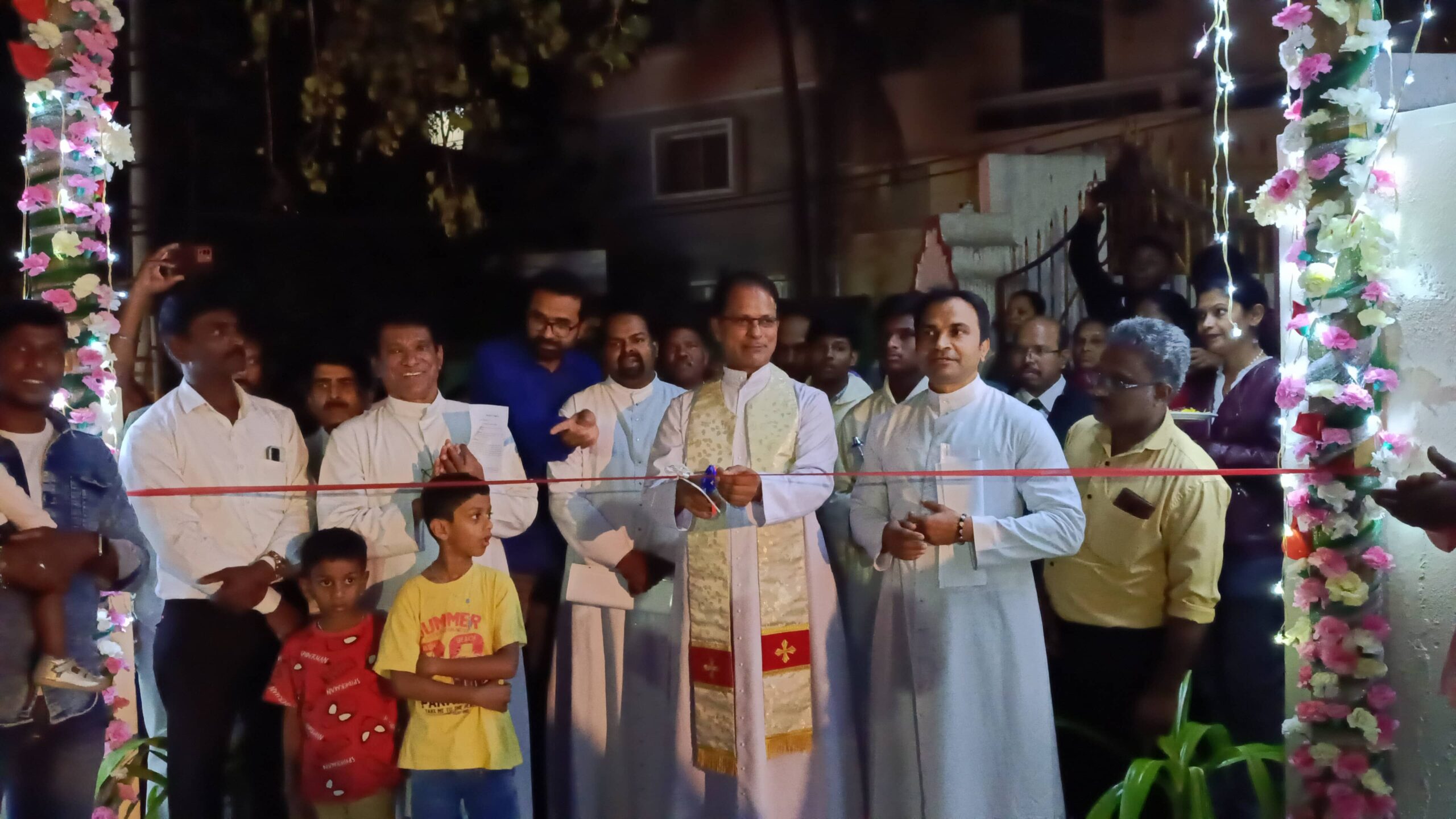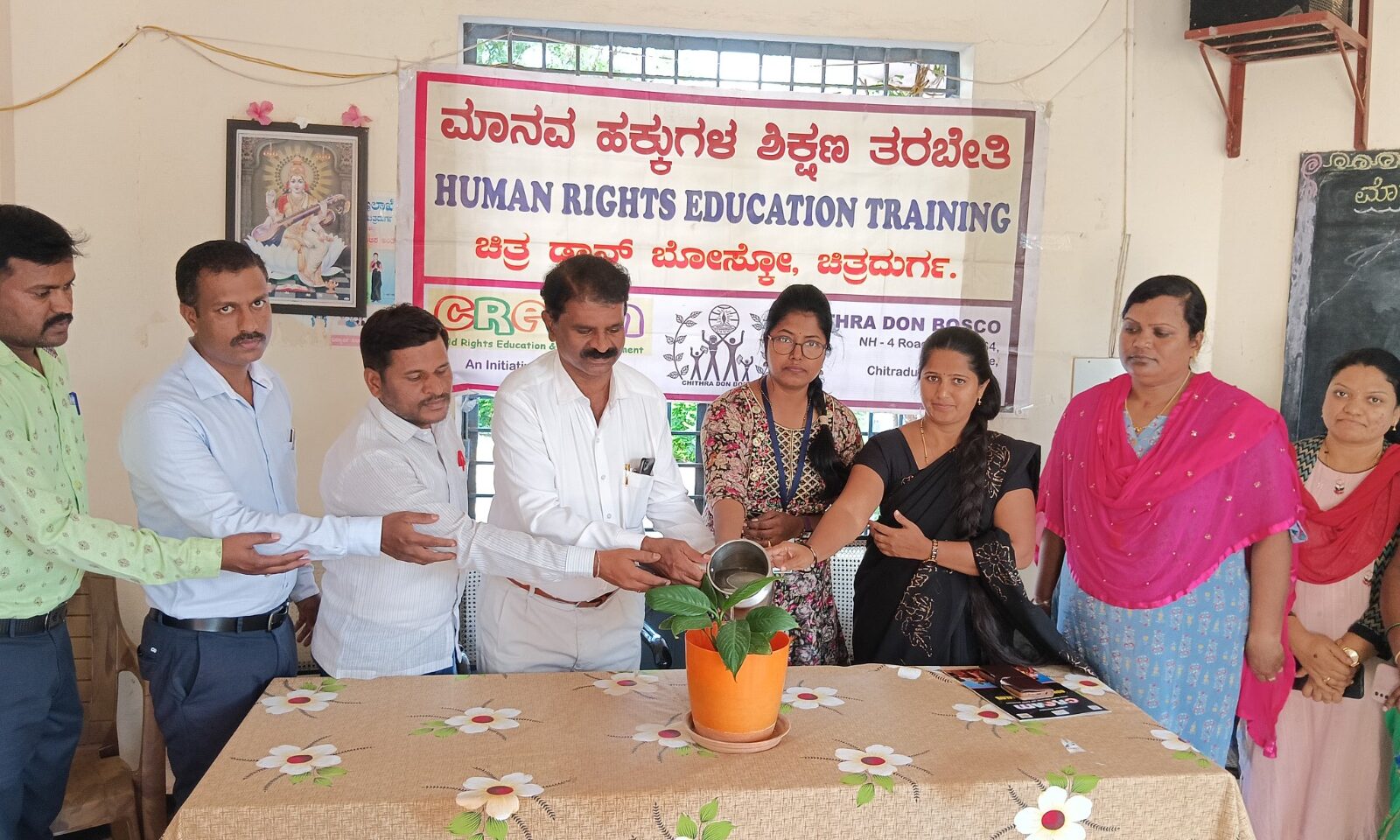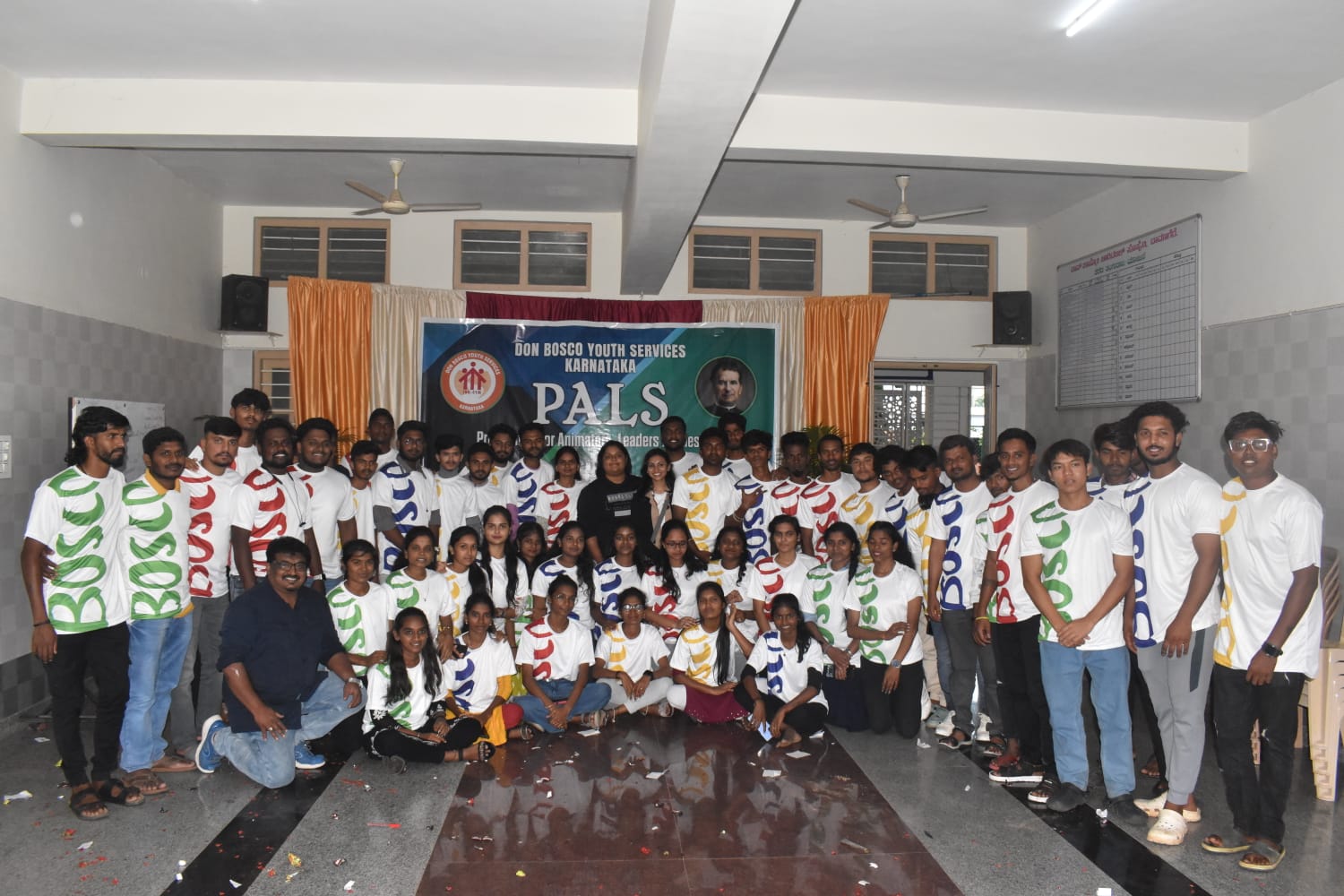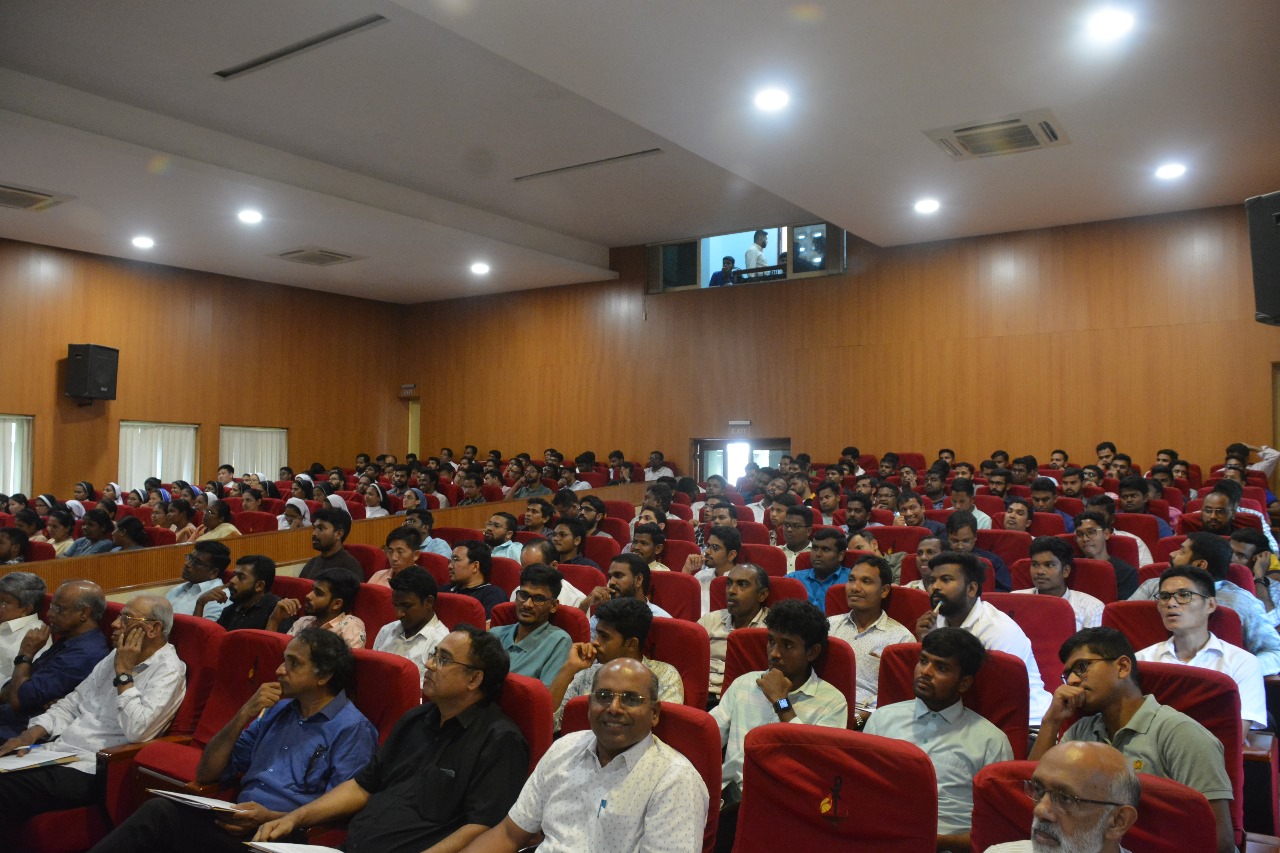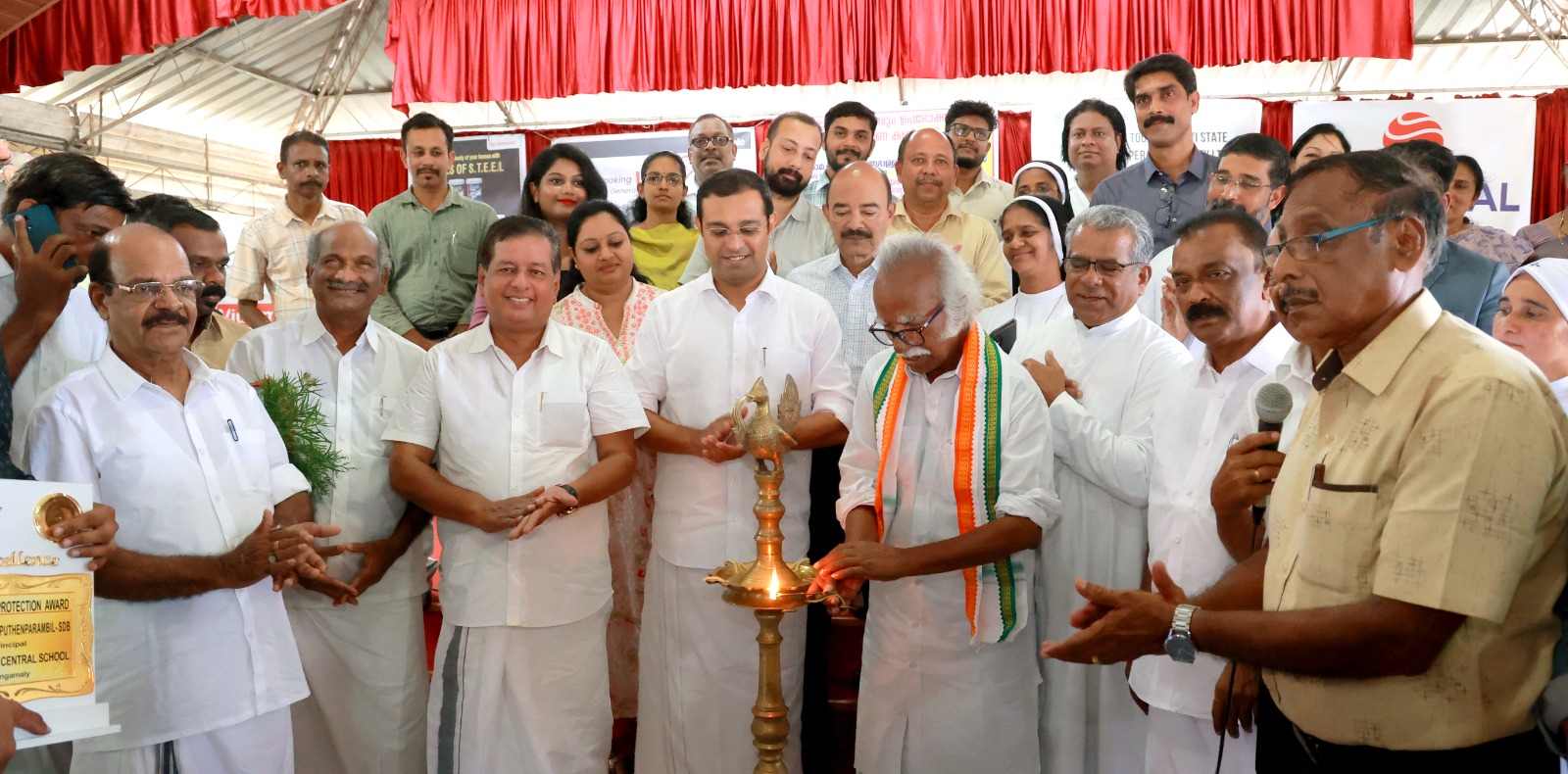Unnathi Sangamam: Empowering Tribal Communities through Legal Awareness and Health Initiatives
A significant outreach event, Unnathi Sangamam, took place at Don Bosco College, Sulthan Bathery, under the Gothravardhan Scheme of the Kerala State Legal Services Authority (KeLSA). Jointly organized by the District Legal Services Authority (DLSA), Wayanad, and SIGHT Wayanad, the program aimed to empower tribal communities through legal awareness and health initiatives. The event commenced with a welcome address by Dr. Mohit C. S., Member Secretary of KeLSA and District Judge. He emphasized the importance of making the legal system accessible to marginalized communities. Honourable Mr. Justice Murali Purushothaman of the Kerala High Court, who oversees the Wayanad Judicial District, delivered the presidential address, highlighting the judiciary’s duty to reach out to those unaware of their legal rights. The program was inaugurated by Honourable Mr. Justice Nitin Jamdar, Chief Justice of the High Court of Kerala and Patron-in-Chief of KeLSA. He stressed the need for inclusive development and the importance of legal empowerment for tribal populations facing systemic barriers. Honourable Mr. Justice C. Pratheep Kumar, Chairman of the Gothravardhan Scheme Steering Committee, gave the keynote speech, underscoring how such initiatives bring legal awareness to grassroots levels and uplift marginalized groups. Sri. Ayyoobkhan E, Principal District and Sessions Judge, Wayanad, delivered a special address, reiterating the judiciary’s commitment to supporting tribal welfare through sustained outreach. Dignitaries from the district administration and civil society attended the event, including District Collector Smt. Meghashree D R, IAS, District Police Chief Sri. Taposh Basumatary IPS, and others. Each expressed their appreciation for the collaborative efforts to support tribal communities in Wayanad. Mr. Aneesh Chacko K, Secretary of DLSA Wayanad, concluded the formal session with a vote of thanks, acknowledging the contributions of all involved. Participants explored stalls set up by various administrative departments, including Excise, Women and Child Development, Social Justice, and Health, offering information on available schemes and support services for tribal populations. The program also featured a cultural segment showcasing traditional Vattakkali dance and tribal folk songs, celebrating the region’s vibrant heritage. A medical camp provided essential services, including cancer screenings, sickle cell anaemia testing, and checks for non-communicable diseases, supported by local healthcare teams and volunteers. Unnathi Sangamam was more than just a formal event; it fostered collaboration among the judiciary, administration, civil society, and tribal communities, working towards a more inclusive and just society.



